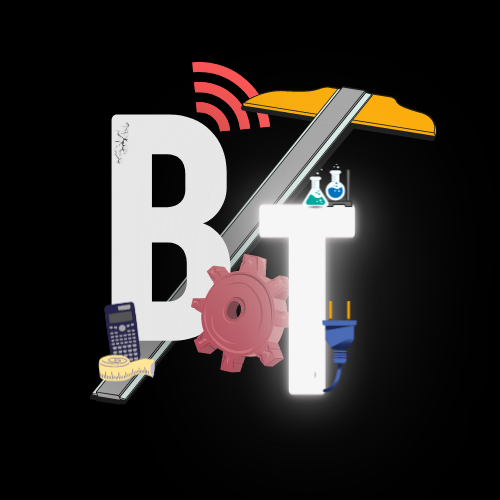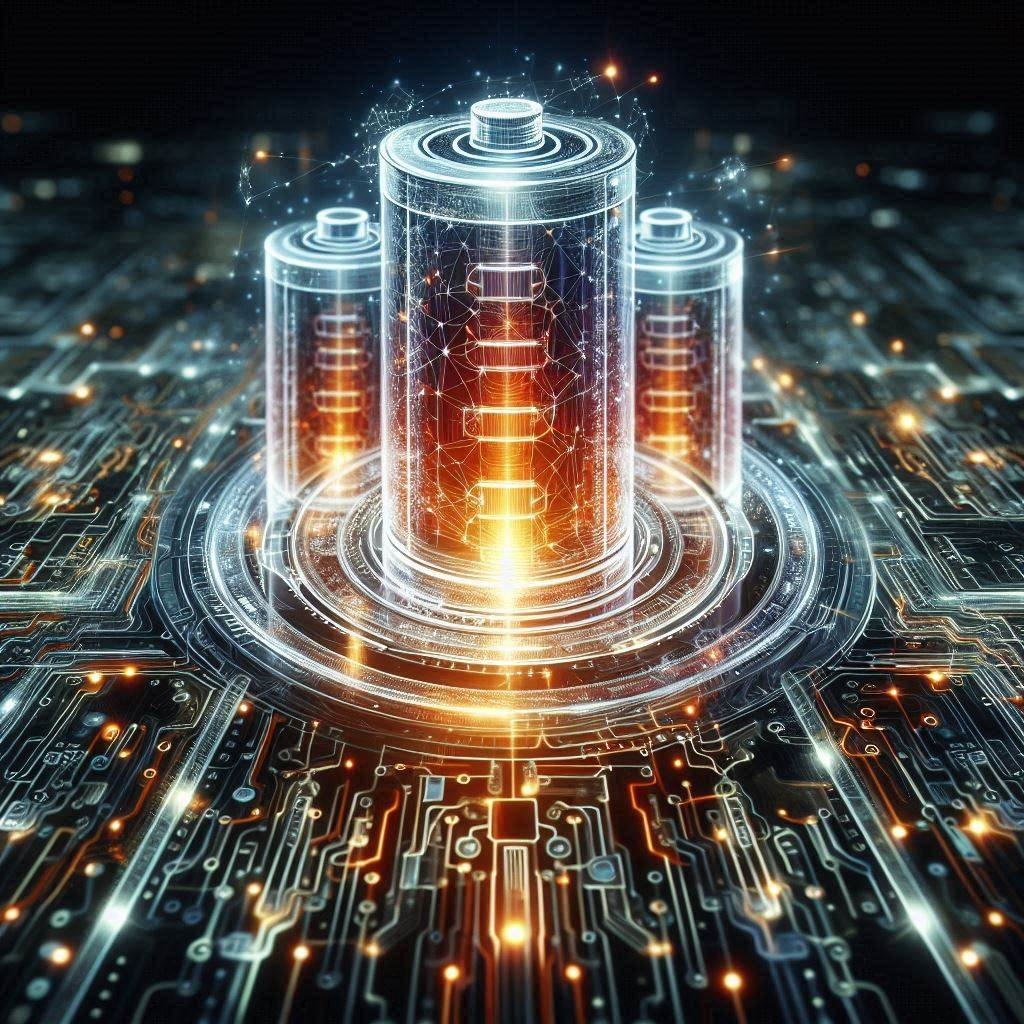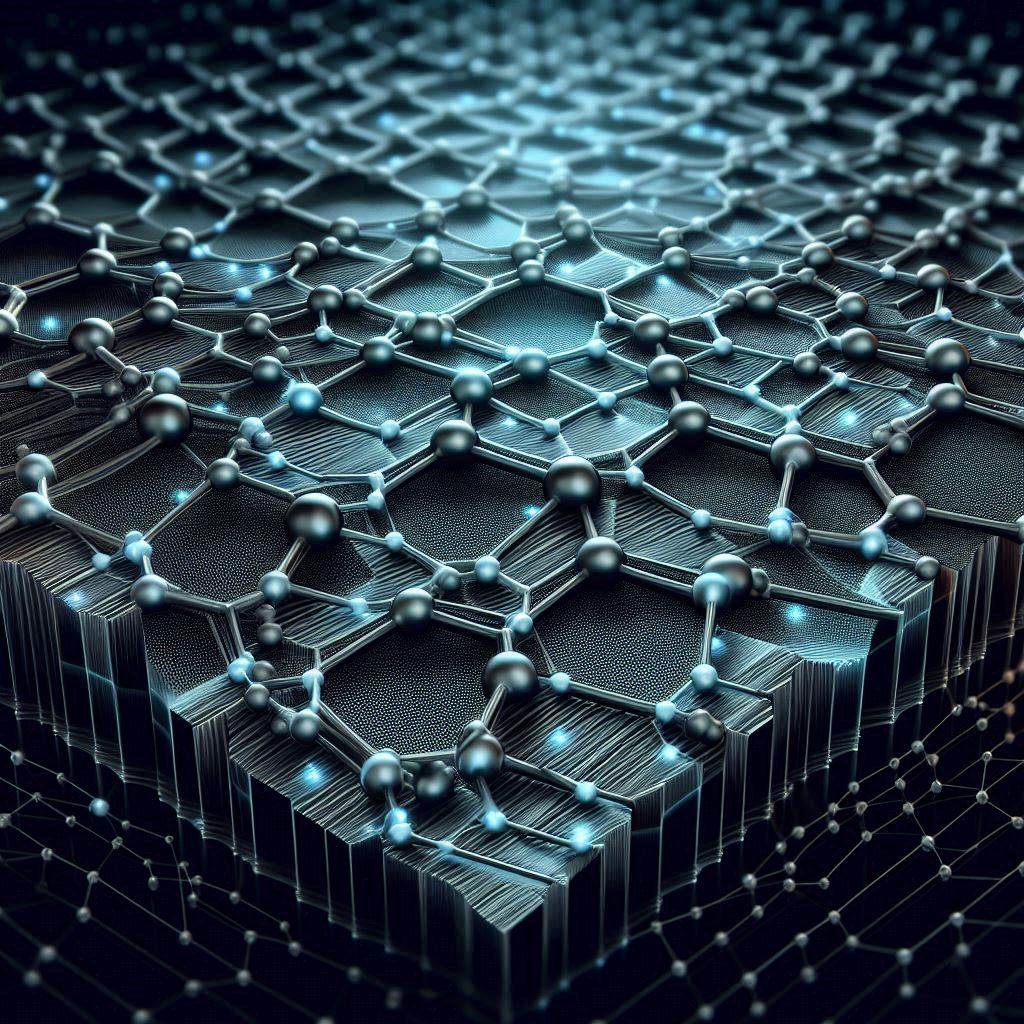Researchers have developed a new method to create high-performing Lithium-CO2 (Li-CO2) batteries. These batteries hold promise for the future of clean energy by offering dual benefits: efficient energy storage and carbon capture capability.
Faster Development of Better Batteries:
- A collaborative effort by University of Surrey, Imperial College London, and Peking University led to the creation of a lab-on-a-chip testing platform.
- This innovative tool streamlines the development of catalysts, crucial components for Li-CO2 batteries.
- Traditionally, this process is slow and inefficient. The new platform allows for rapid testing of various materials (platinum, gold, etc.) to identify those best suited for high-performance batteries.
The Promise of Li-CO2 Batteries:
- Li-CO2 batteries combine energy storage with carbon capture.
- They function by utilizing lithium and carbon dioxide, potentially offering a significant impact in combating climate change.
- Capturing CO2 while storing energy provides a double win for the environment.
Benefits of the Lab-on-a-Chip Platform:
- Dr. Kai Yang, a lead researcher, highlights the platform’s efficiency and cost-effectiveness.
- Compared to traditional methods, it offers greater control over the development process.
- This technology goes beyond Li-CO2 batteries, having potential applications in fuel cells, metal-air batteries, and other clean energy systems.
Looking Ahead:
- Dr. Yunlong Zhao, another lead researcher, emphasizes the importance of developing negative emission technologies.
- This platform is a significant step forward in achieving that goal.
- The rapid screening of catalysts, along with a deeper understanding of reaction mechanisms, paves the way for practical applications of this technology.
- From nanoscience to cutting-edge carbon capture, this research holds immense potential for a cleaner future.
Reference: “Developing highly reversible Li–CO2 batteries: from on-chip exploration to practical application” by Manman Wang, Kai Yang, Yuchen Ji, Xiaobin Liao, Guangpeng Zhang, Mateus G. Masteghin, Nianhua Peng, Filipe Richheimer, Huanxin Li, Jianan Wang, Xinhua Liu, Shichun Yang, Enrico Petrucco, Paul Shearing, Fernando A. Castro, S. Ravi P. Silva, Yan Zhao, Feng Pan and Yunlong Zhao, 21 July 2023, Energy & Environmental Science.
Keywords: Li-CO2 battery, clean energy storage, carbon capture battery, efficient catalyst testing, lab-on-a-chip testing platform





Leave a comment